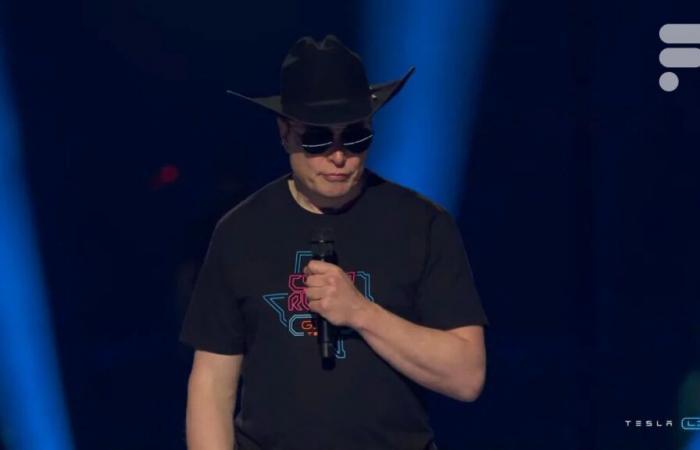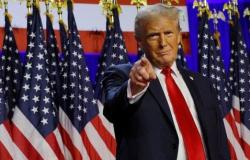« You can't win the AI race with lawsuits »: it is with these words that OpenAI responds to Elon Musk's attacks, revealing in passing a series of messages which tell a completely different story than that presented by the boss of Tesla and xAI.
OpenAI has just published a document that seriously undermines Elon Musk's credibility. As explained Numeramathe company behind ChatGPT reveals a series of private exchanges which demonstrate that, contrary to his public statements, the billionaire always wanted to make OpenAI a classic commercial enterprise.
To go further
Elon Musk sues company behind ChatGPT for 'fraud'
To understand the importance of these revelations, we must go back to November 14, 2024, the date on which Elon Musk filed a complaint against OpenAI and Microsoft. The founder of Tesla accuses the company of having betrayed its original mission by abandoning its status as a non-profit organization in favor of a lucrative partnership with Microsoft. This legal action aims in particular to prohibit OpenAI from generating profits and to end its collaboration with Microsoft. A frontal attack which today finds its response in the documents published by OpenAI.
Elon Musk contradicts himself
As early as November 2015, even before the official launch of OpenAI, Elon Musk was already questioning the non-profit status of the organization. “ The structure does not seem optimal“, he then wrote to Sam Altman, suggesting creating a ” standard C company“. A first element which directly contradicts its current position as defender of “open and non-commercial” AI.
This content is blocked because you have not accepted cookies and other trackers. This content is provided by Twitter.
To be able to view it, you must accept the use carried out by Twitter with your data which may be used for the following purposes: allowing you to view and share content with social media, promoting the development and improvement of products from Humanoid and its partners, display personalized advertisements to you in relation to your profile and activity, define a personalized advertising profile, measure the performance of advertisements and content on this site and measure the audience of this site (find out more more)
By clicking on “I accept all”, you consent to the aforementioned purposes for all cookies and other trackers placed by Humanoid and its partners.
You retain the option of withdrawing your consent at any time. For more information, we invite you to read our Cookies Policy.
I accept everything
Manage my choices
The OpenAI document reveals a crucial moment: in the fall of 2017, Elon Musk proposed an arrangement that would have radically transformed the organization. It demands between 50 and 60% of OpenAI's shares, several seats on the board of directors and the position of CEO. Even more surprising, the stated reason for this request: Elon Musk needed 80 billion dollars to finance his city project on Mars.
Faced with OpenAI's refusal, the billionaire's reaction was brutal. In less than ten minutes, he sends an ultimatum: either the team accepts his conditions, or he cuts funding. A pressure tactic that is strangely reminiscent of other similar situations in his career.
Elon Musk wants control of AI
All of this reveals a fundamental aspect of the conflict: it is not so much a question of philosophy or ethics as a struggle for control of AI.
The OpenAI teams had understood this well, as shown by their response to Elon Musk: “ The current structure gives you the ability to exercise absolute unilateral control over AGI (Artificial General Intelligence)« .
This fear proved prophetic. Today, Elon Musk runs xAI, his own artificial intelligence company, as well as Groq, while suing his former project. A strategy that seems more motivated by commercial competition than by ethical concerns.
Political involvement adds an additional dimension to this affair. Elon Musk's proximity to Donald Trump, future American president, poses a serious threat to OpenAI.






